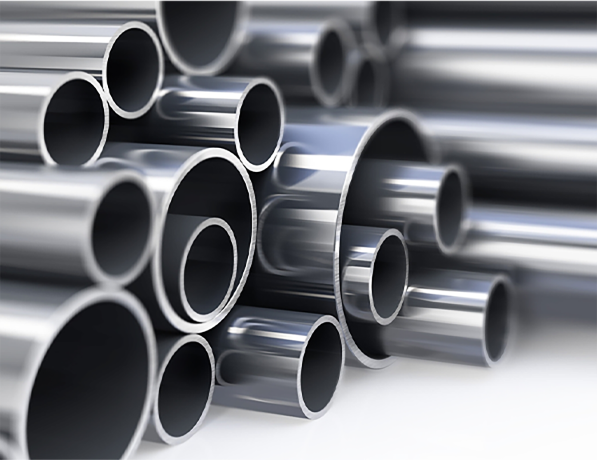
The Importance of OEM Car Parts in Vehicle Maintenance
When it comes to maintaining and repairing vehicles, one of the most critical decisions car owners make is whether to use Original Equipment Manufacturer (OEM) parts or aftermarket alternatives. OEM car parts are created by the same manufacturer that produced the original components when the vehicle was built. This article explores the importance of OEM car parts and why they are often the best choice for both maintenance and repairs.
Quality Assurance and Reliability
One of the primary advantages of OEM car parts is their quality assurance. Since these parts are designed and manufactured by the vehicle's maker, they meet stringent standards for quality and performance. Each component undergoes rigorous testing to ensure it will function reliably when installed in a vehicle. This commitment to quality means that OEM parts are typically a safe choice for preserving a car’s performance and longevity.
In contrast, aftermarket parts can vary widely in quality. While some aftermarket manufacturers produce components that match or even exceed OEM specifications, others may cut corners, leading to subpar performance and durability. By choosing OEM parts, car owners can avoid the potential risks associated with inferior aftermarket options.
Perfect Fit and Compatibility
Another critical benefit of OEM car parts is their perfect fit and compatibility. Since these parts are designed specifically for the make and model of your vehicle, they are engineered to fit seamlessly. This means that installation is often more straightforward, reducing the risk of complications and additional labor costs during the repair process.

On the other hand, aftermarket parts may not always fit perfectly or work as intended. This can lead to alignment issues or other complications that may require further adjustments or even additional repairs, which can be both time-consuming and costly. With OEM parts, car owners can rest assured that they are getting components that will work as intended without the need for modifications.
Warranty Considerations
Using OEM parts can also be an important factor when it comes to vehicle warranties. Many vehicle manufacturers recommend or require the use of OEM parts to maintain warranty coverage. If a car owner opts for aftermarket parts and encounters issues, they may risk voiding their warranty. On the flip side, using OEM parts provides peace of mind, as they are covered under the manufacturer’s warranty. This can be particularly beneficial for new car owners who want to ensure their investment is protected.
Resale Value
For car owners who plan to sell or trade in their vehicle, the use of OEM parts can influence resale value. Vehicles that have been maintained with genuine OEM parts often command higher resale prices. Potential buyers are typically more confident in the quality and reliability of a vehicle that features OEM components, as it indicates a higher standard of care during ownership. Therefore, using OEM parts not only ensures current satisfaction but also positions the vehicle favorably for future sale.
Conclusion
In the world of vehicle repair and maintenance, the choice between OEM and aftermarket parts is significant. While aftermarket parts may often be cheaper, the benefits of using OEM car parts—such as reliability, perfect fit, warranty protection, and enhanced resale value—make them a worthwhile investment. For car owners seeking the best care for their vehicles, OEM parts provide peace of mind and long-term benefits that can outweigh any upfront cost considerations. Remember, investing in quality parts today can save you time, money, and hassle down the road, ensuring that your vehicle continues to run smoothly for years to come.